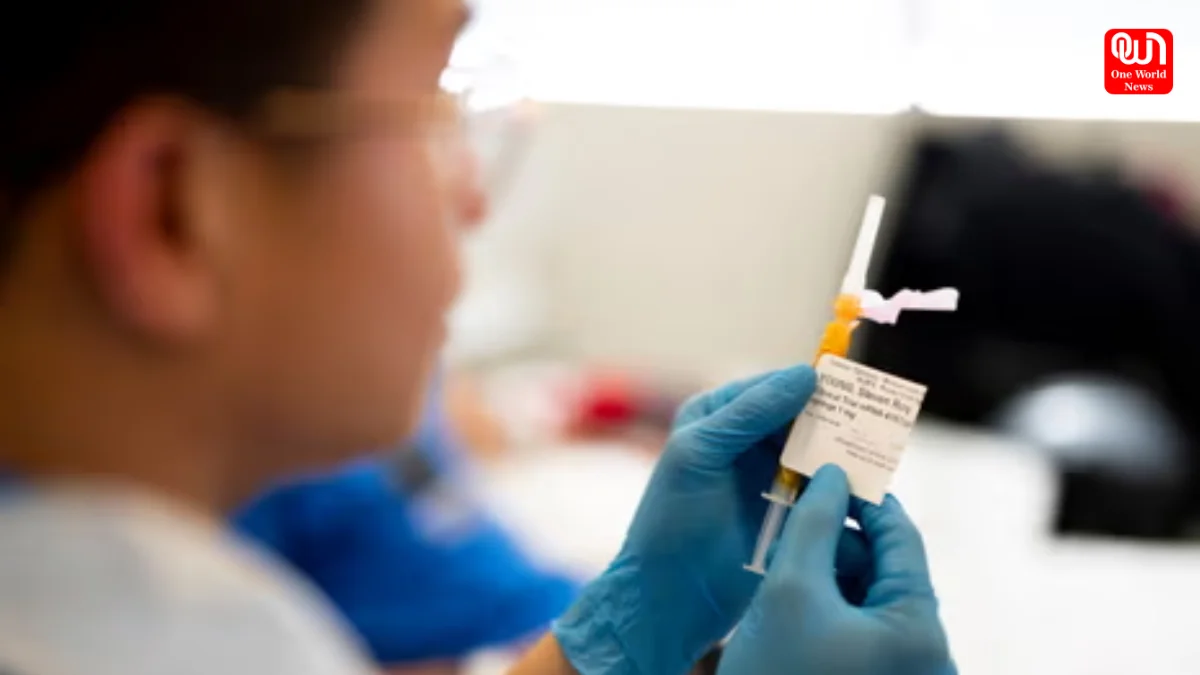Cancer Vaccine Trials Offer Hope for Treating Diverse Cancer Types.
As the novel vaccine trials for cancer continue to make scientific headway toward attacking cancers by the body's own immune system, there is hope for therapy for some varieties of cancer.
Cancer Vaccine Trials Underway, Offering New Hope for Future Treatments
As the novel vaccine trials for cancer continue to make scientific headway toward attacking cancers by the body’s own immune system, there is hope for therapy for some varieties of cancer. These therapeutic vaccines specifically attack existing cancer cells in the hope of providing more personalized treatments that are less toxic and will lead to long-term immunity and be combined with other therapies. More research beside these results also suggests a very promising transition of care in cancers.
The realm of cancer treatment is on the verge of a possible transformation as hundreds of cancer vaccines are currently in the clinical trial. Such novel therapies leverage the immune system to identify and destroy cancerous cells and promise a more targeted approach with less toxicity than traditional methods including chemotherapy or radiation.
Preventive vaccines are designed to deter such diseases as measles and polio, while most cancer vaccines currently in development are therapeutic vaccines. Therapies whereby inducing the immune system to fight against cancer cells that have already formed constitute the diseases being treated by most of the therapeutic vaccines. There is also research directed towards those that will eventually lead to preventive cancer vaccines that target specific viruses associated with the development of particular cancers, such as the HPV vaccine targeting cervical and other cancers.
These are some types of cancer vaccines in trial:
* Peptide or Protein Vaccines: These vaccines are designed to stimulate an immune response by specific proteins or fragments of proteins (peptides) present in cancer cells.
* DNA and RNA Vaccines: These introduce genetic elements into the body instructing cells to generate cancer-specific antigens, thus alerting the immune system. The mRNA technology used by some vaccines preventing COVID-19 is being applied in this field.
* Whole Cell Vaccines: These would be whole cancer cells that are inactivated or altered to provoke stronger immune responses. These can derive from the tumor cells in the patient itself (autologous) or from cell lines developed in the lab (allogeneic).
* Dendritic Cell Vaccines: These prepare dendritic cells, an immune cell type using cancer antigens, in the lab and then inject them into a patient to mobilize other immune cells.
* Viral Vector Vaccines: Uses genetically engineered viruses to deliver cancer antigen to the cells of the body, which provoke an immune response.
Cancer vaccines can offer several benefits:
* Targeted Therapy- Cancer vaccines can be designed such that they will specifically locate cancer cells ‘ devouring the tissues, which have side effects associated with chemotherapy and radiation.
* Long-Lasting Immunity- Such vaccines could teach the immune system to recognize cancer cells which could lead to permanent immune protection against recurrence.
Read more –
Health Benefits of Eating Walnuts Daily on Empty Stomach
* Personalized Treatment- Personalized vaccines are now under research for most cancers, organs, and tumor types. They would use an individual’s tumor genetically for vaccine production against that person’s specific cancer. Initial promising results have been reported from recent trials involving personalized vaccines and kidney cancer as well as melanoma.
* Combination Therapy: Cancer vaccines could potentially augment the effectiveness of other treatments in cancers, such as checkpoint inhibitors, by boosting the overall immune response against the tumor.
We’re now on WhatsApp. Click to join.
Like this post?
Register at One World News to never miss out on videos, celeb interviews, and best reads.








